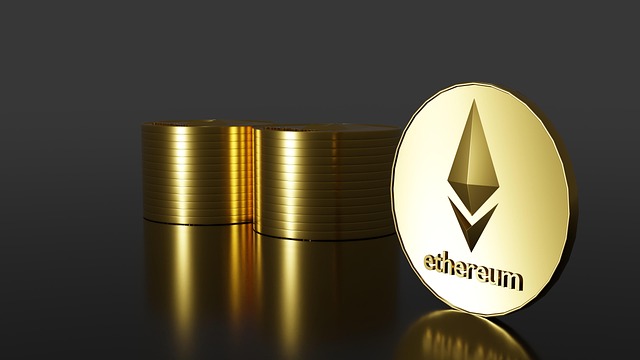In an increasingly digital world, the profound impact of cryptography on our daily lives cannot be overstated. As we navigate through a landscape fraught with cyber threats and data breaches, our reliance on secure communication has never been clearer. Cryptography serves as the backbone of cybersecurity, enabling protection against unauthorized access and ensuring the confidentiality of our private information.
One of the significant aspects of cryptography is its influence on technology etiquette. As more people become aware of the vulnerabilities that come with online interactions, we find ourselves adopting new forms of digital behavior. For instance, there’s a growing expectation for individuals and organizations to prioritize the protection of sensitive data. This shift is evident in conversations about proper password hygiene, the use of multi-factor authentication, and the importance of encrypting communications.
In social settings, the transparency brought by cryptographic principles fosters trust in digital interactions. Sharing information, whether personal or professional, now carries the unspoken agreement of safeguarding each other’s data. The societal trend towards valuing privacy is largely shaped by the understanding of how cryptography can protect our conversations and transactions. It encourages a culture where users are more discerning about the platforms they choose, aligning their values with those that prioritize security.
Moreover, this rise in consciousness around cryptography and its implications leads to a new social trend: the demand for accountability in the digital realm. Tech companies are increasingly expected to uphold ethical standards when it comes to user data. As consumers become more educated about cryptographic methods, they are holding businesses accountable for their security practices. Consequently, companies are now investing more in cutting-edge encryption technologies, realizing that their reputation hinges on the trust of their user base.
Additionally, social trends influenced by cryptography are observed through the emergence of decentralized technologies. As blockchain and distributed ledger technologies gain traction, we witness a shift in how society approaches critical issues like privacy, identity verification, and data management. The cryptographic principles behind these technologies empower users to have more control over their information, leading to a democratization of data that resonates with the desire for autonomy in the digital age.
With the ongoing discussions about cybersecurity, the interplay between cryptography and social dynamics is becoming increasingly apparent. People are not just passive consumers of technology; they are active participants in shaping the landscape through their choices and behaviors. As we embrace the protective measures afforded by cryptography, we also cultivate a culture that values safety and integrity in our online engagements.
Ultimately, the evolution of cryptography is not just about securing data; it’s about molding the future of our interconnected world. It fosters a new way of thinking about technology etiquette and establishes norms that prioritize security. The way we interact with each other in the digital sphere is being reshaped, driven by a collective understanding of the importance of protecting ourselves and our data in an ever-changing cybersecurity landscape.




